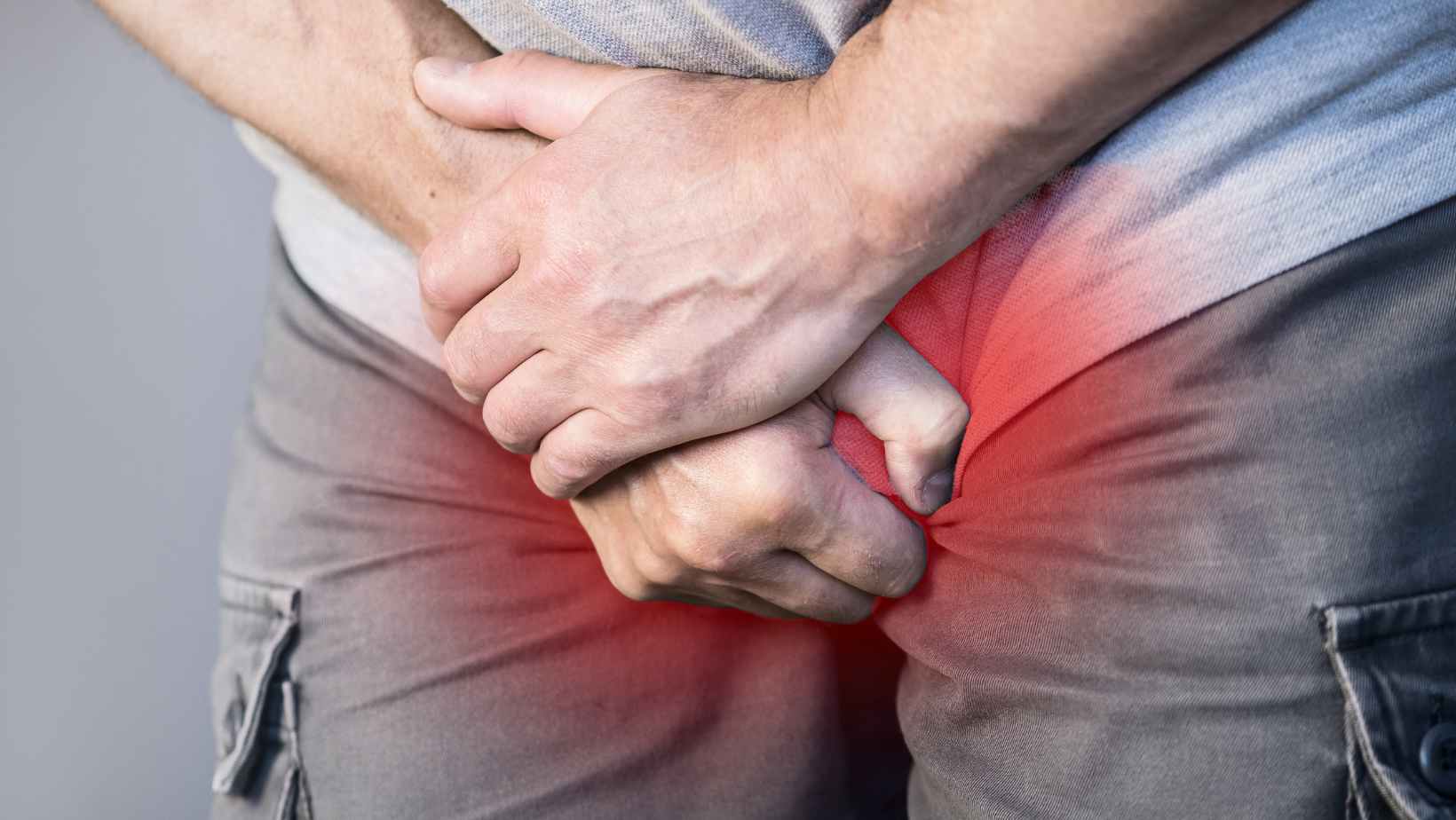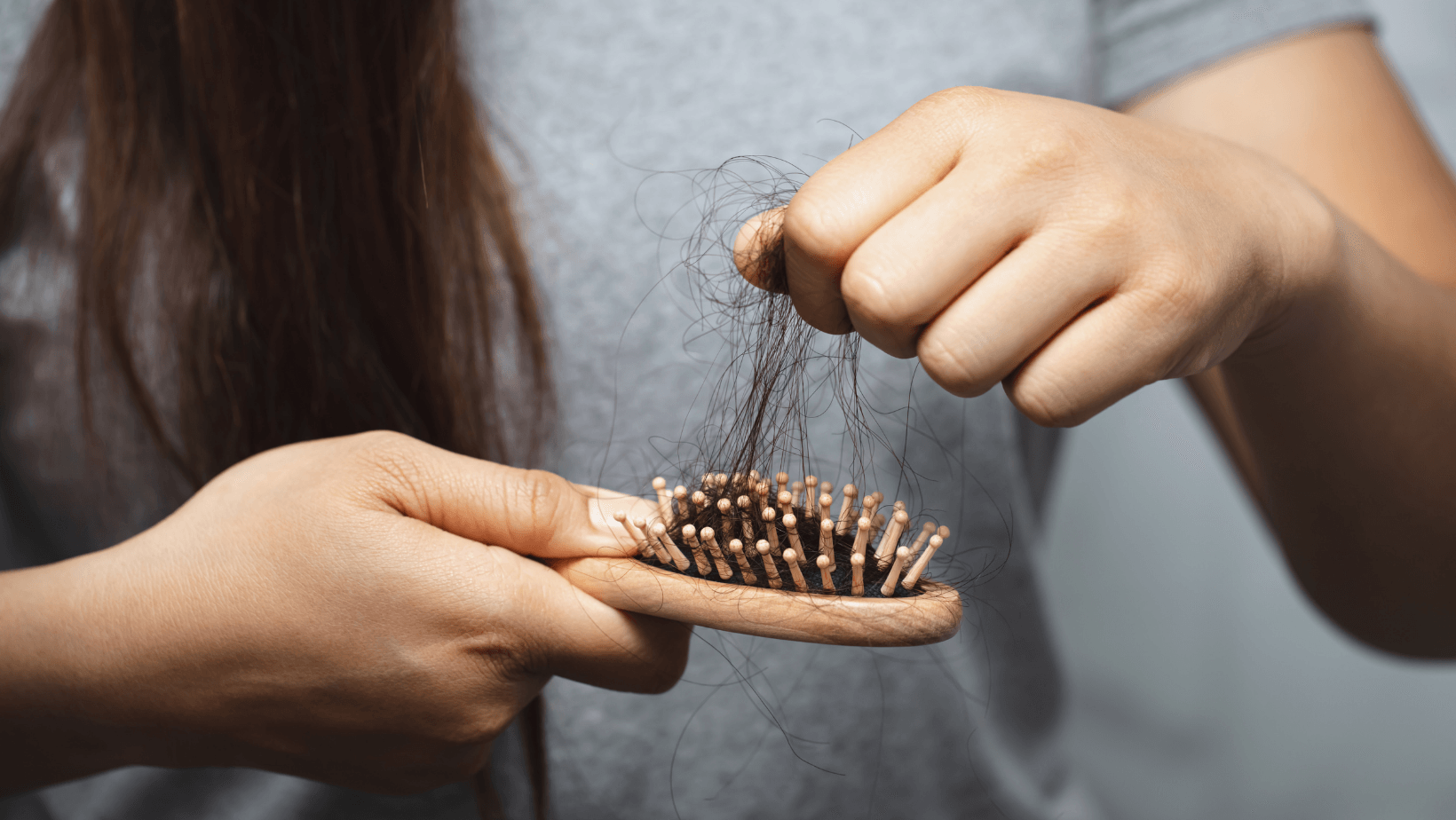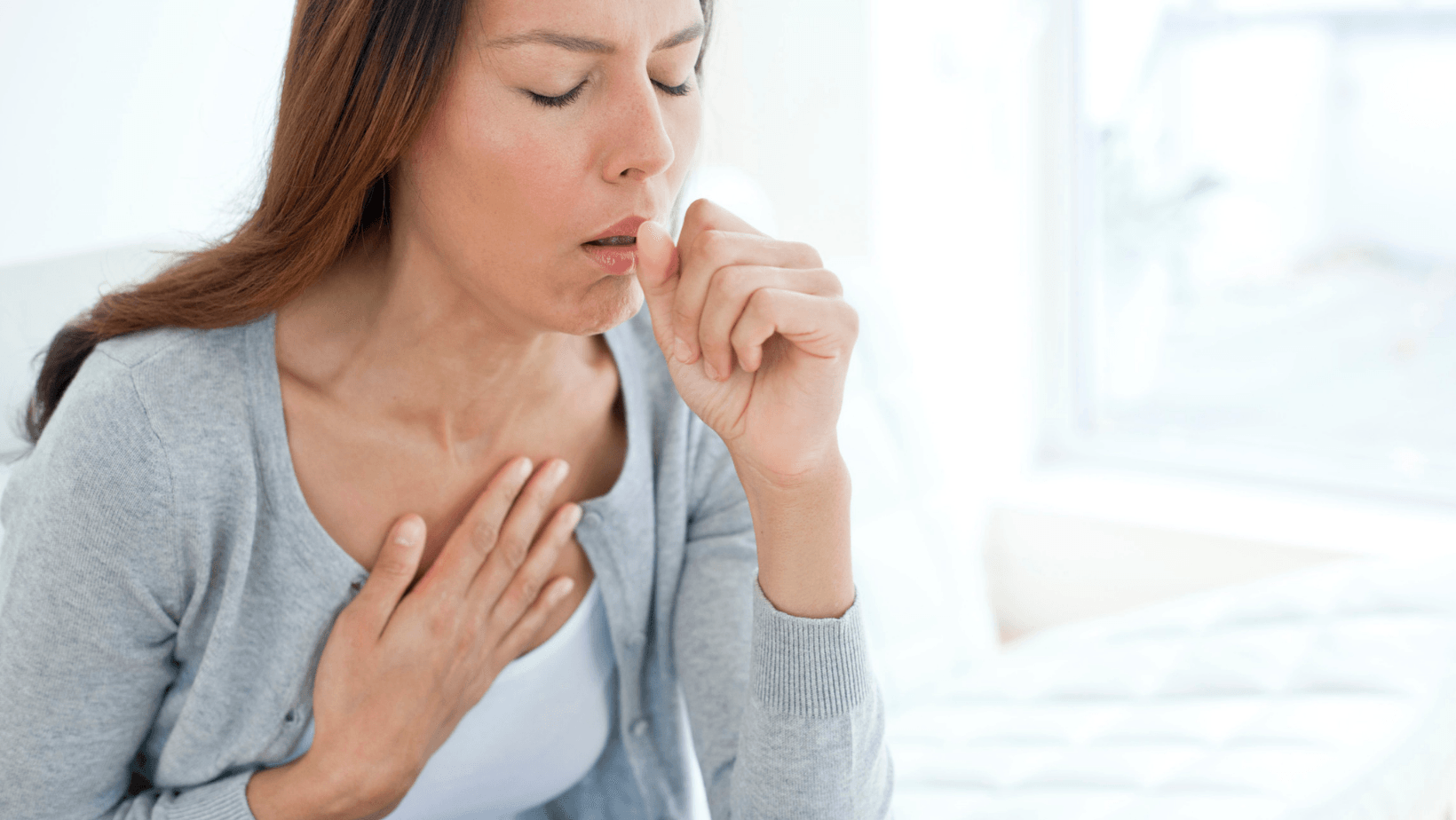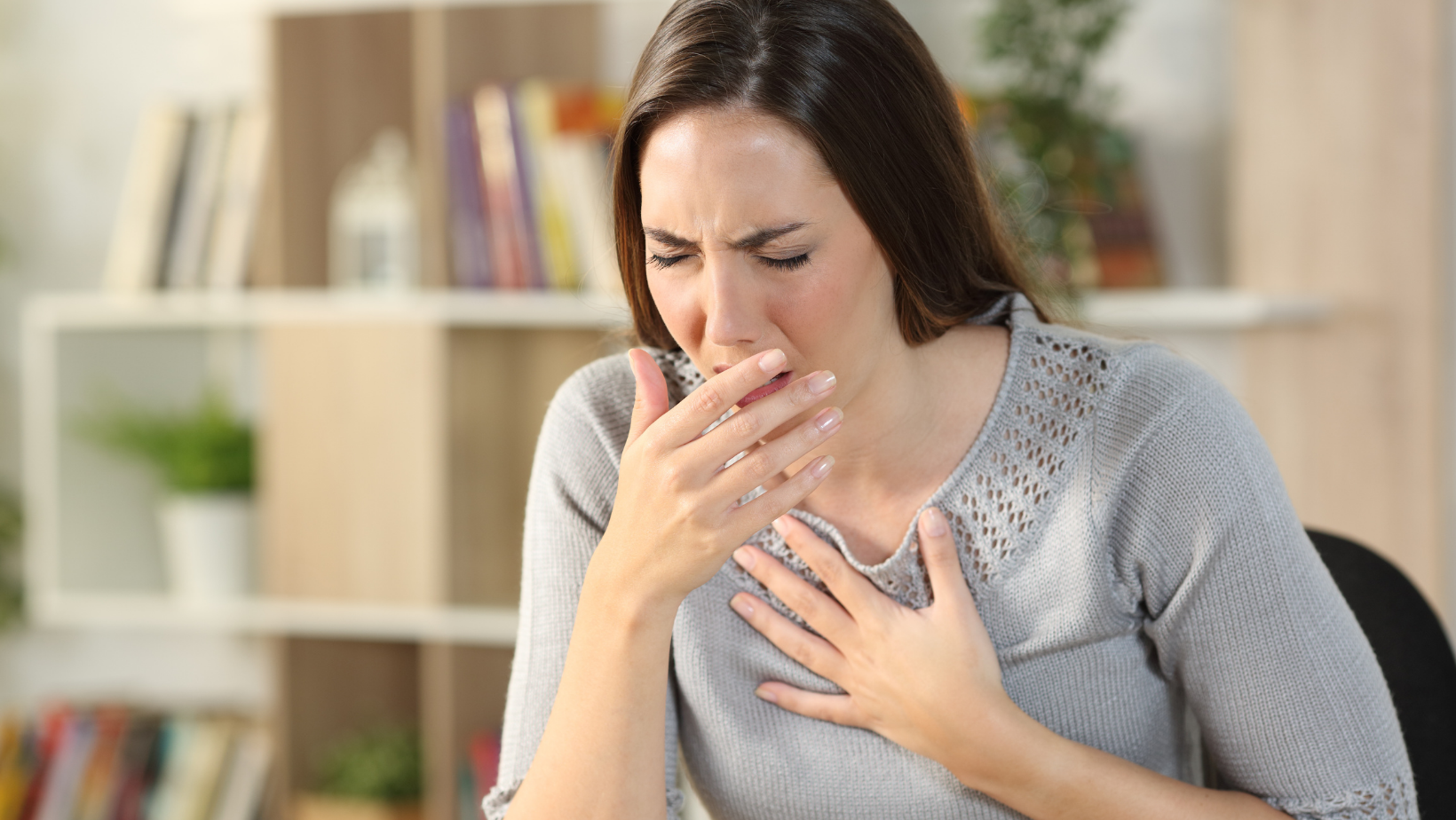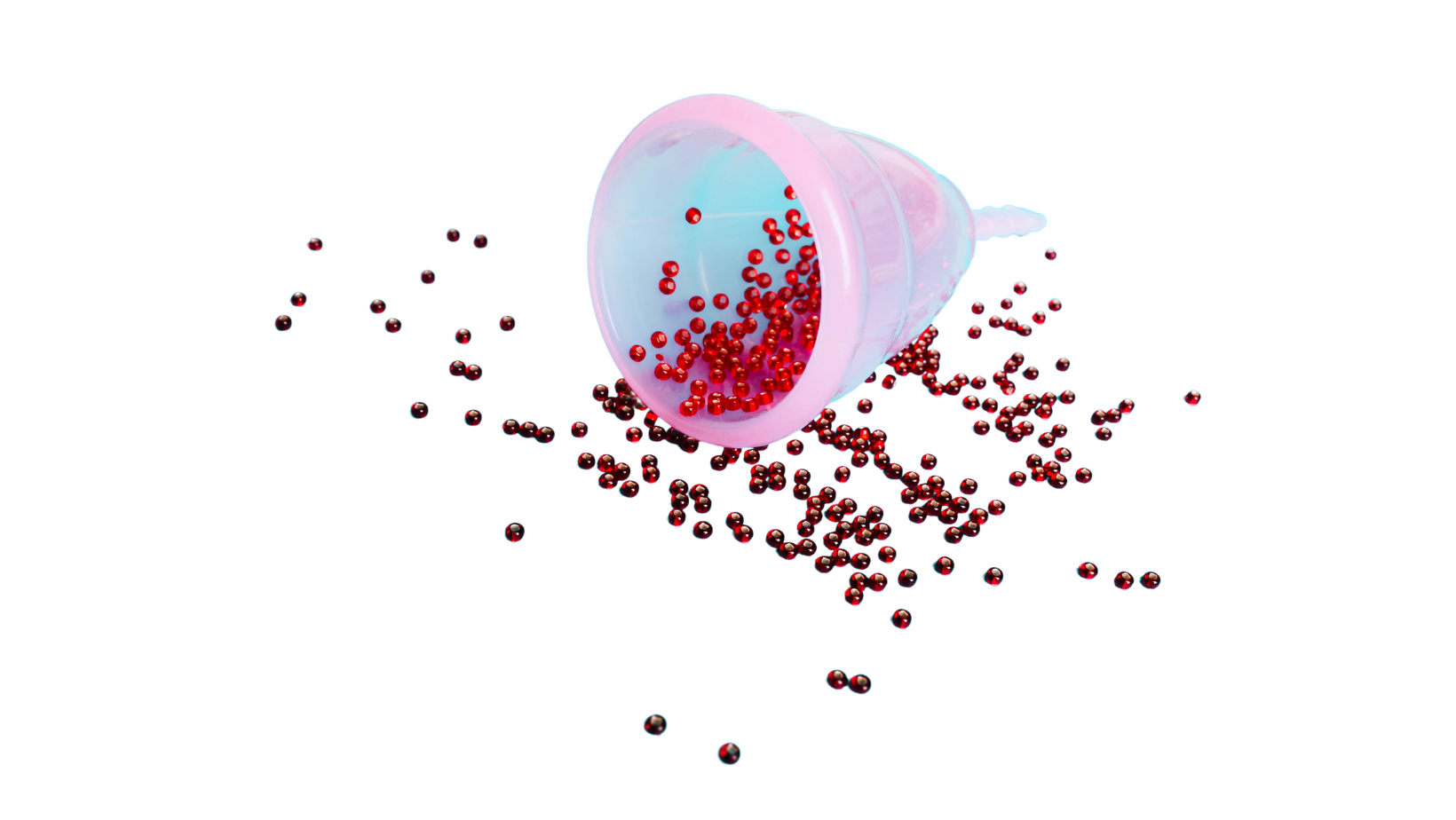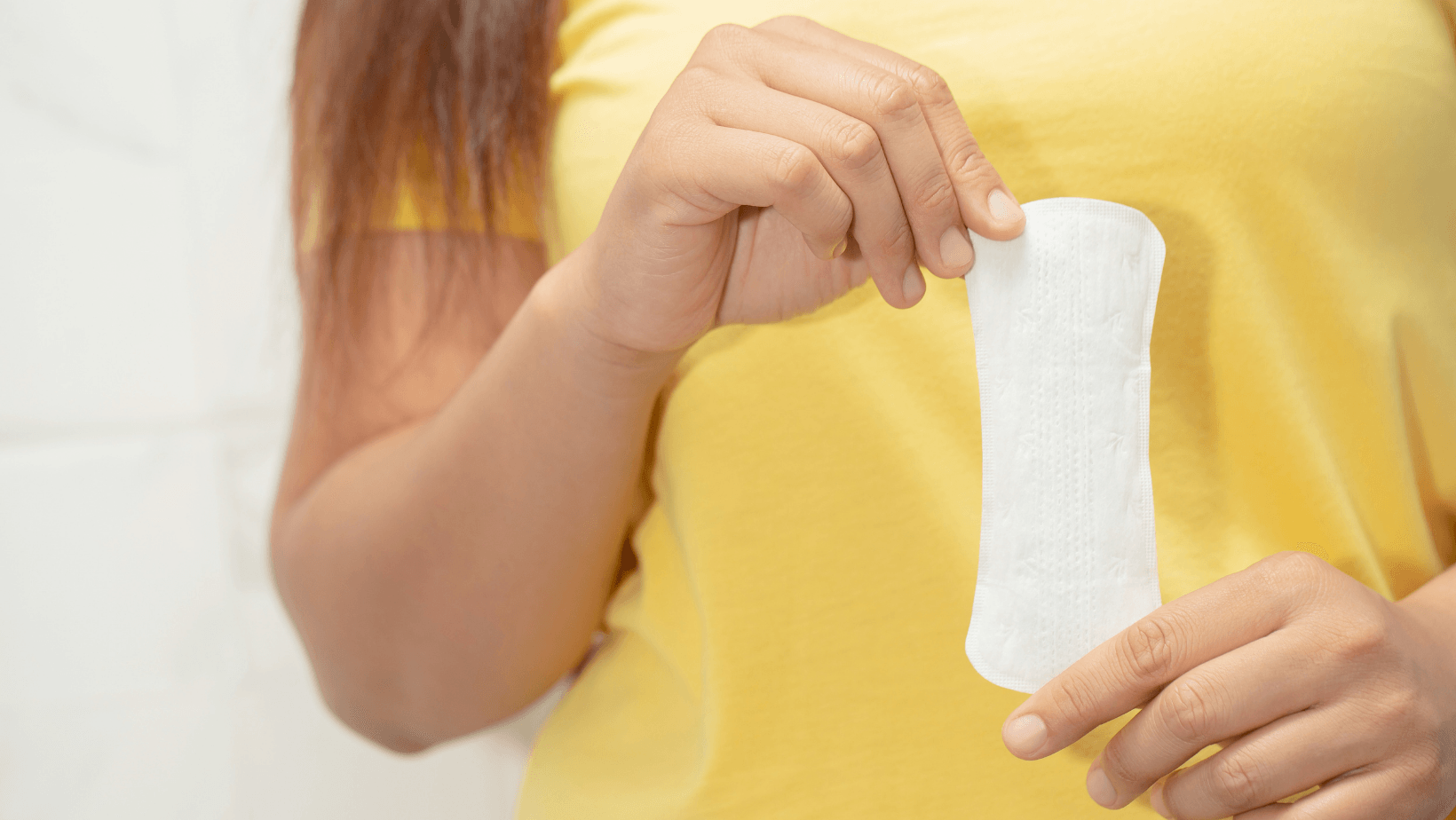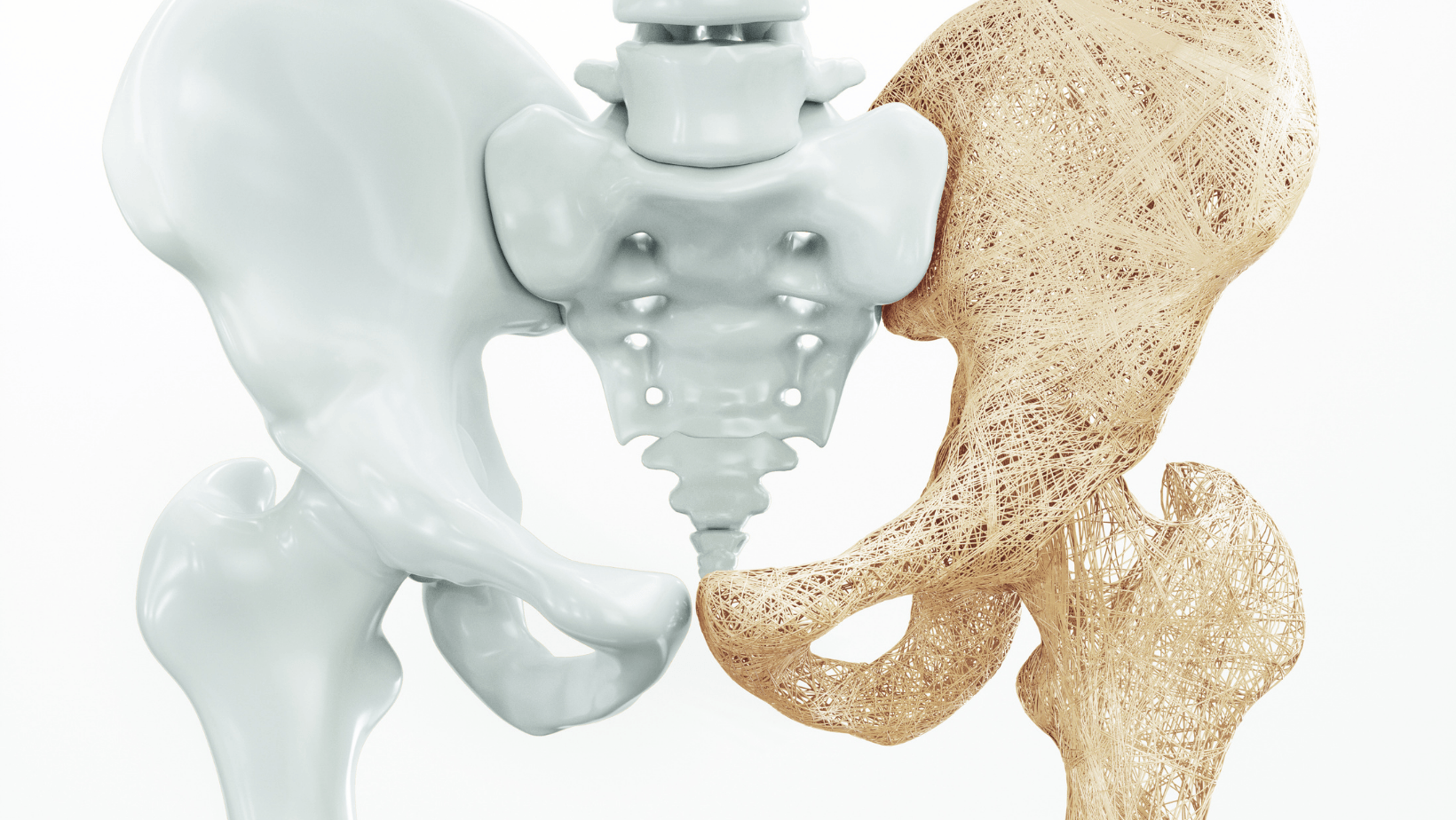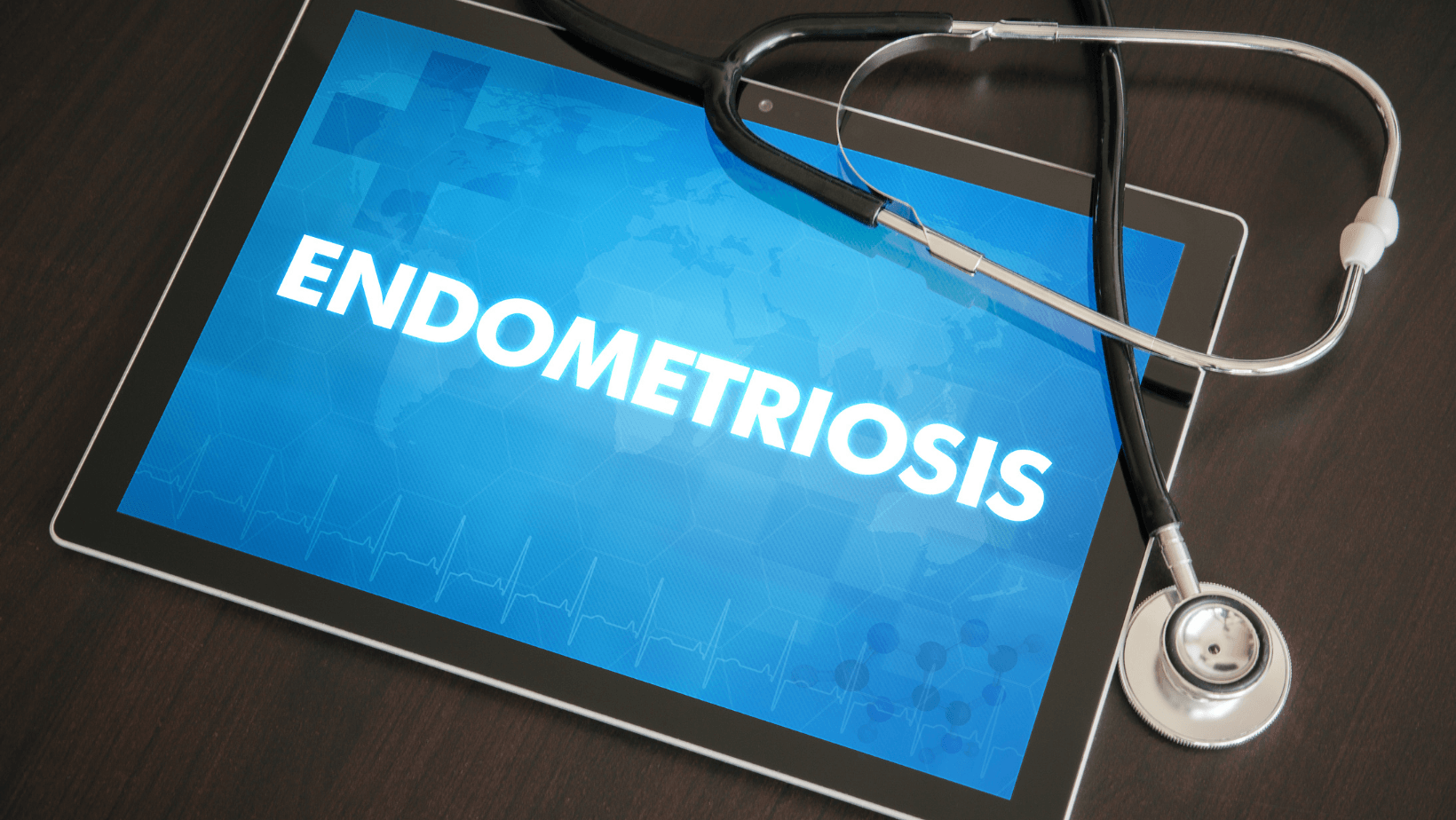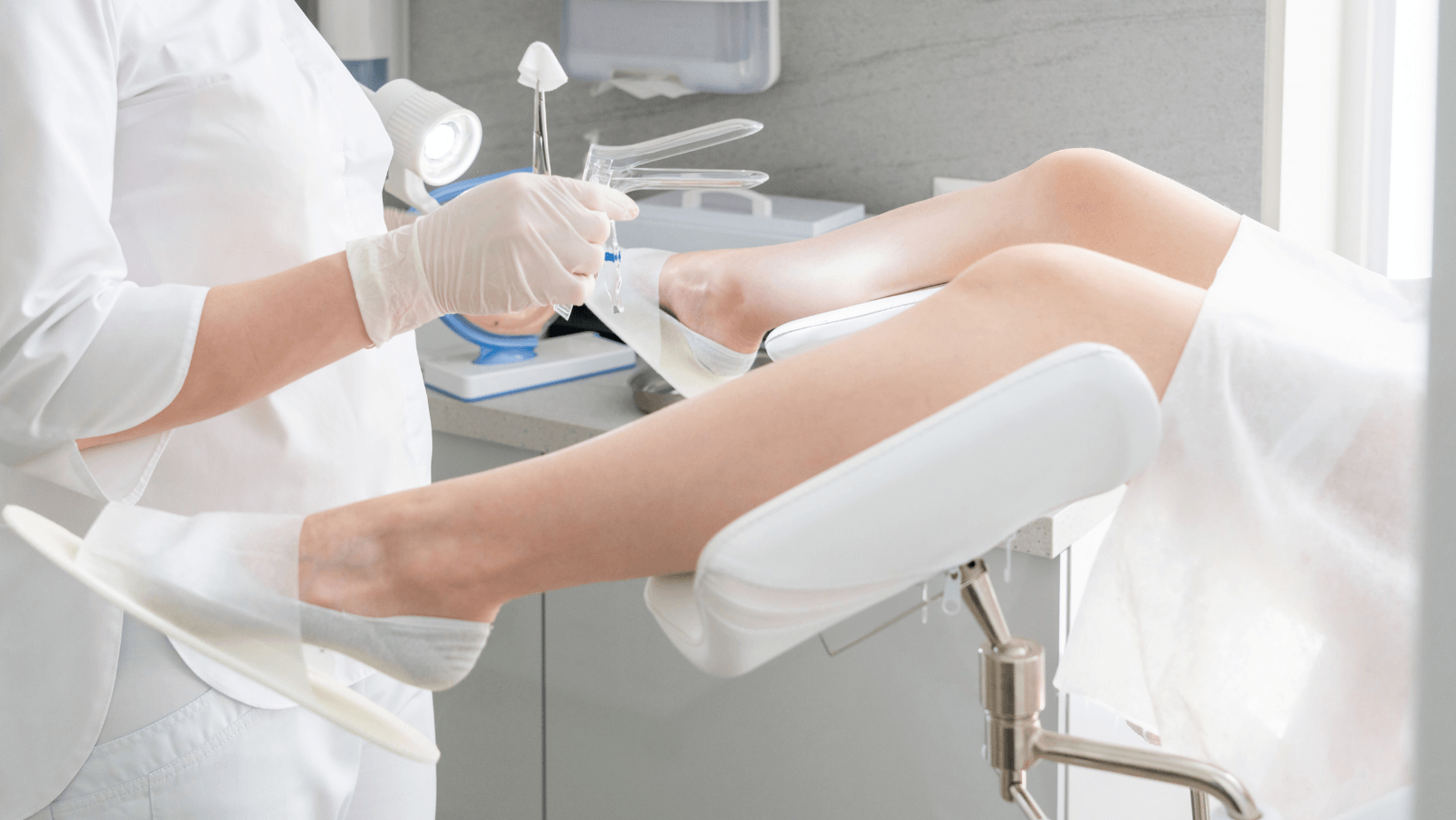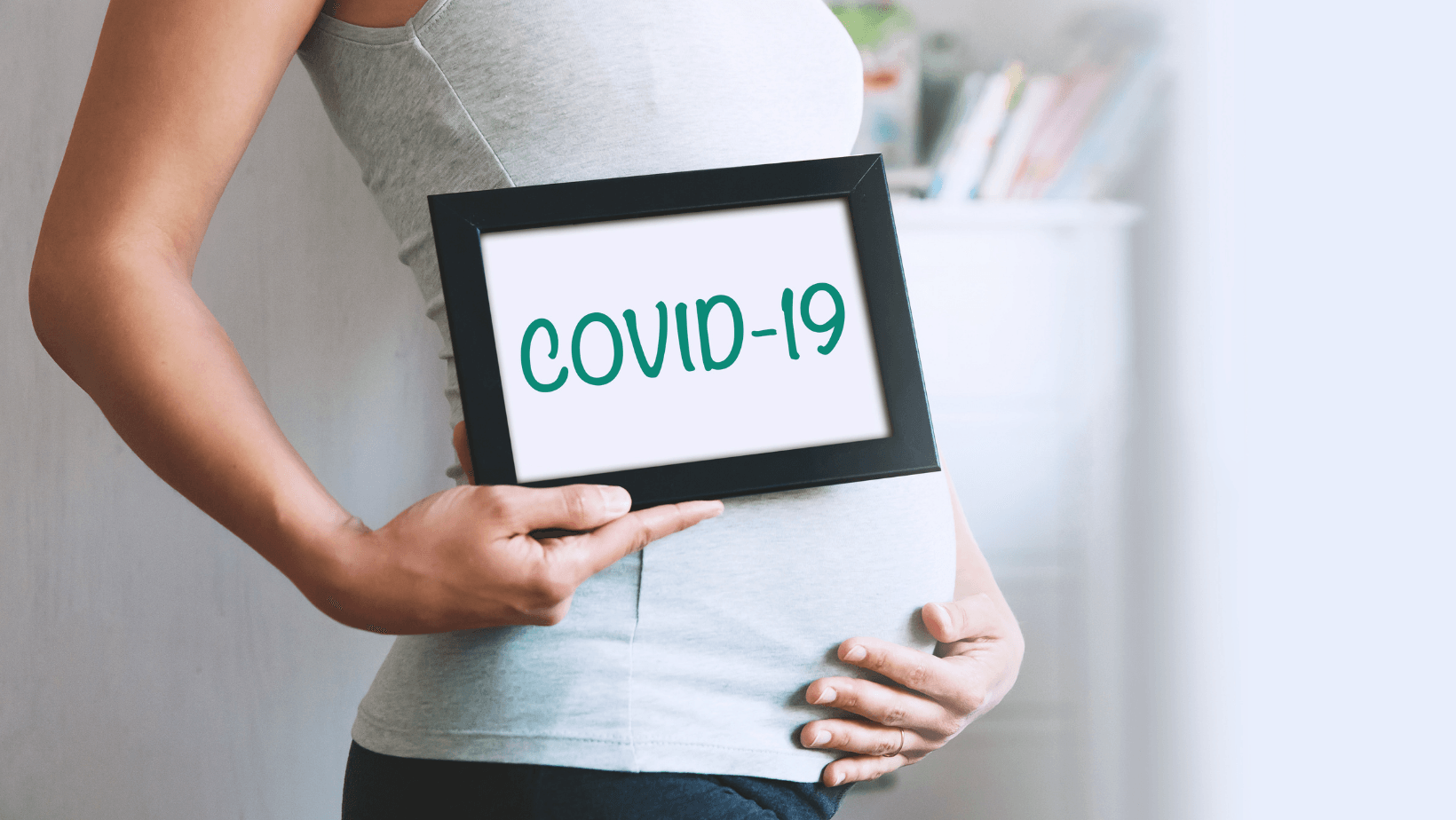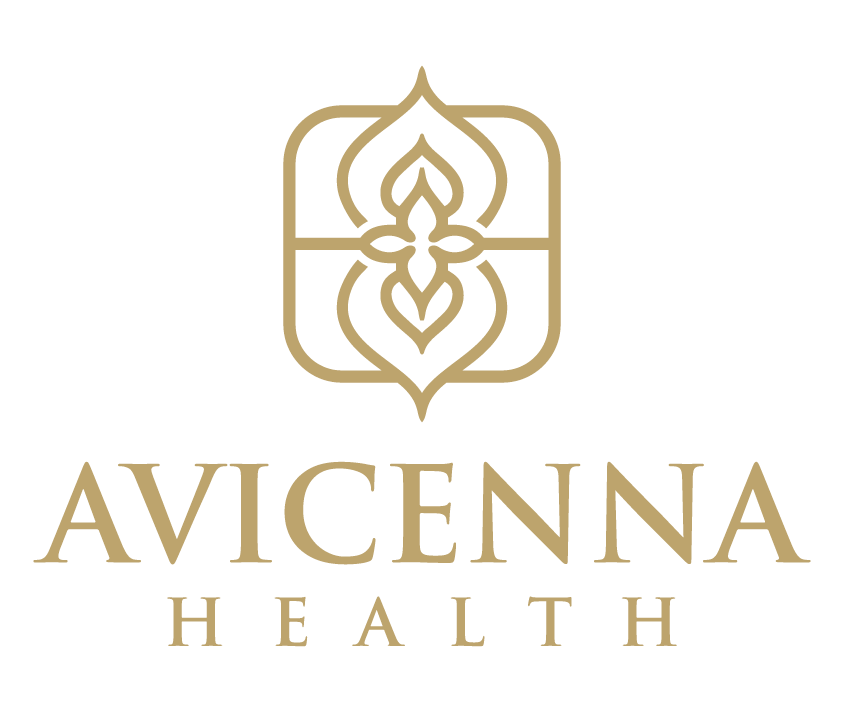Covid 19 - Symptoms, Causes, and Treatment - Avicenna Health
Patient History
A 30-year-old patient with COVID-19 said: “yesterday I felt a little tired; I had a dry cough with mild fever. And today, I feel pressure in my chest, and my breathing becomes harder over time. I wasn’t taking the precautionary measures seriously. Do I have COVID-19?”
So what is COVID-19?
Definition of COVID-19
COVID-19: is a disease caused by a new type of coronavirus that leads to an outbreak in China in late 2019 and quickly spreads worldwide.
Coronavirus is a family of viruses that usually infect the respiratory system causing the common cold, severe acute respiratory syndrome (SARS), Middle East respiratory syndrome (MERS), and others.
How much time does it last?
It usually takes about two weeks to recover, especially in mild cases. But in some severe cases, it may last for more than six weeks.
Anyway, symptoms take about 2-14 days to develop from the moment of infection. So if you think you have been exposed to the virus, quarantine yourself for at least two weeks.
Symptoms
COVID-19 causes symptoms that can differ from one person to another; often include:
- Fever
- Coughing – usually dry
- Breath shortness - Medically known as dyspnea, which is the difficulty of getting enough air.
- Sore throat – A scratchy feeling in the throat. It often worsens when you swallow.
- Chest tightness – A discomfort or heaviness feeling in your chest.
Other symptoms may include:
- Loss of smell or taste
- Headache
- Tiredness
- Nausea
- Diarrhea
- Runny nose
- Rash
In rare cases, COVID-19 may cause neurological disorders as a complication that seek medical care such as strokes, brain inflammation, and others.
Causes
As we already mentioned, COVID-19 is caused by a virus from the coronavirus family. Unfortunately, its RNA can quickly mutate, making it harder for vaccines and antibodies to work effectively. And like other viruses, their ability to spread easily makes things worse. It can mainly spread by inhaled droplets of coughing or sneezing or transmitted by airborne transmission from aerosol that stays in the air for hours.
Risk Factors
COVID-19 can infect people of all ages and races, but older people are more likely to be at risk.
Other risk factors may include:
- People with Chronic kidney diseases
- People with chronic obstructive pulmonary disease (COPD), asthma, and other pulmonary conditions
- People with hypertension and cardiovascular conditions
- People with diabetes
- People with a weak immune system
- Pregnancy
And we should not forget that the lack of precautionary measures plays the primary role in getting COVID-19, such as social distancing (about one meter at least), wearing masks, washing hands, and many others.
When to see a doctor?
In mild conditions, symptoms may improve within two weeks.
But if you have a severe condition or one or more chronic diseases, as in the risk factors above, you need to call a doctor right away to get medical care.
Other signs and symptoms that indicate a severe condition include:
- Difficulty breathing
- Bluish face or lips
- Chest tightness
- Confusion
Diagnosis
Unfortunately, Clinical exams are not sufficient to tell if the patient has COVID-19 or other respiratory conditions, so the lab test is crucial.
- Lab test. The most important lab test is the polymerase chain reaction (PCR) using a nasopharyngeal or throat swap. In most cases, it takes about 24 hours to get the result. If the test is positive, it means you have the virus in your body, but unlike expected, if the result is negative, it does not always mean that there is no virus; it may mean that there are no enough viruses to measure. Detection of antibodies also can be performed, which can tell if you have ever been exposed to the virus.
- Diagnostic procedures. Like chest x-ray and CT scan.
Differential Diagnosis
- Common cold
- Influenza
- Parainfluenza
- pneumonia
- atypical pneumonia
Management
The mild condition requires self-quarantine, basically, and home remedies that help in relieving the symptoms.
A serious condition, in addition to mild one with risk factors, often seek medical care.
Unfortunately, there is no specific treatment for covid-19, but researchers are working day by day and improving vaccines to eliminate this virus.
And as they say, prevention is better than cure, and to prevent the infection; you need to take precautionary measures like:
- keep a social distancing (one meter at least)
- avoiding crowds
- wear a mask, use a medical one if you are in a high-risk group
- keep using sanitizers each time you touch a suspected surface
- take your doses of the vaccine if you do not get it yet
And remember, if you have any concerns about non-emergent health conditions, you may schedule a telemedicine consult with the Avicenna Health provider for an individualized consultation.
References
mayoclinic.org
webmd.com
who.int
drugs.com
Medscape.com
Health.com

